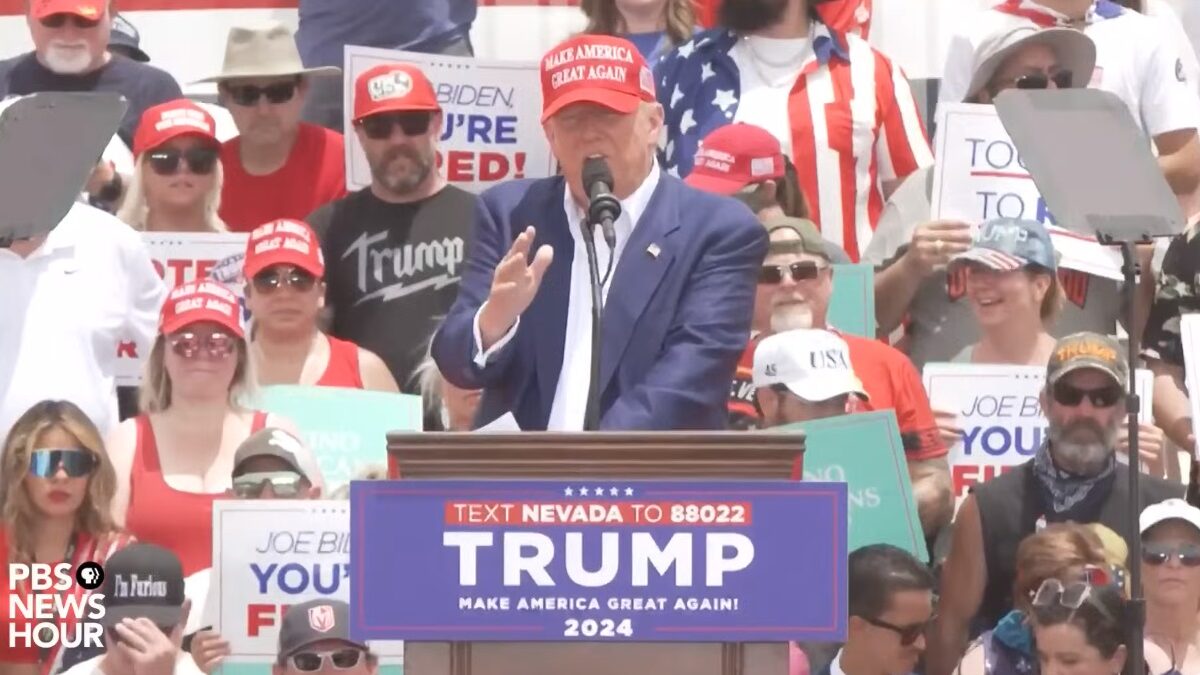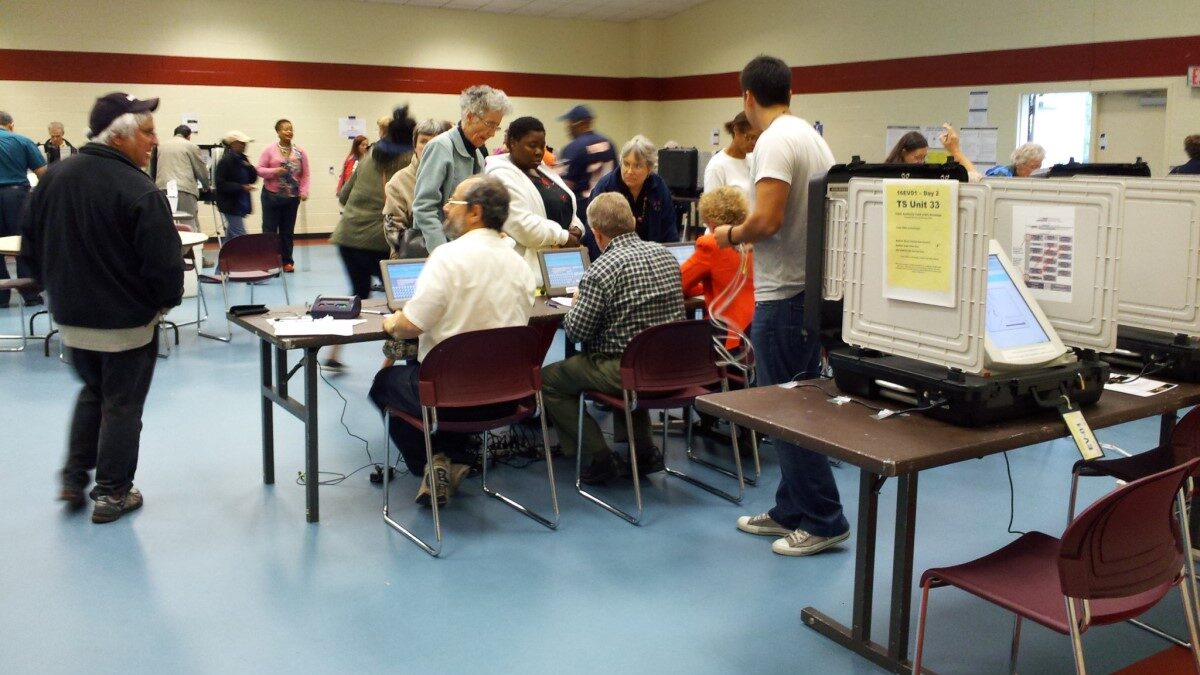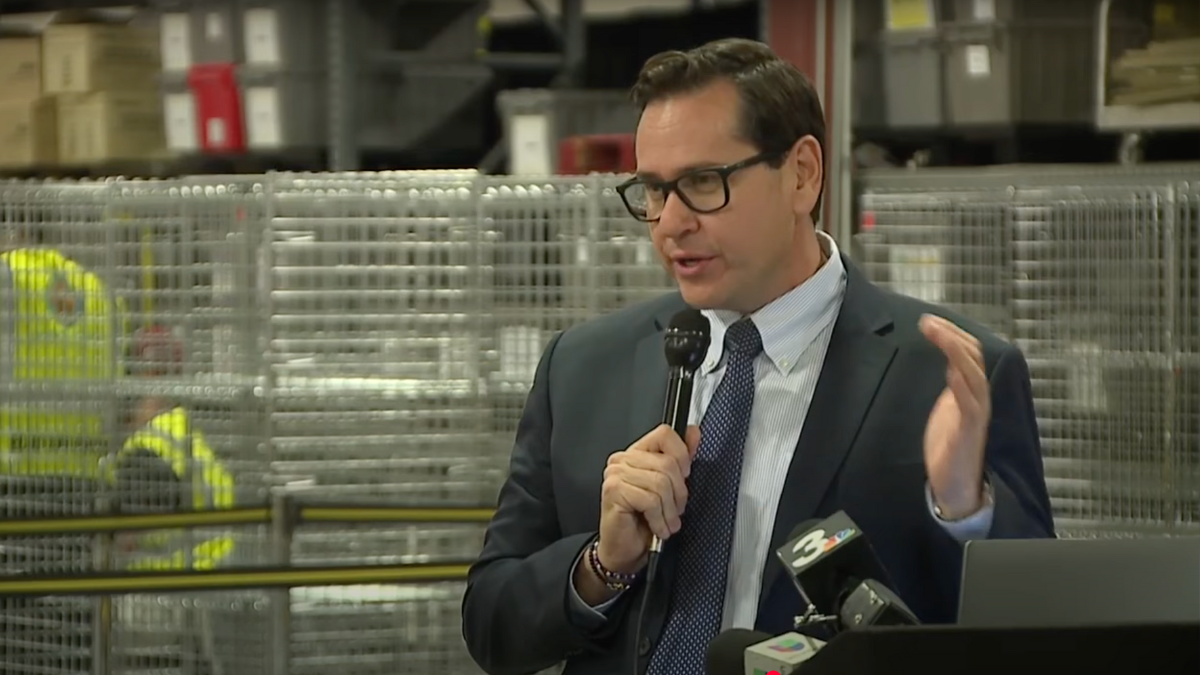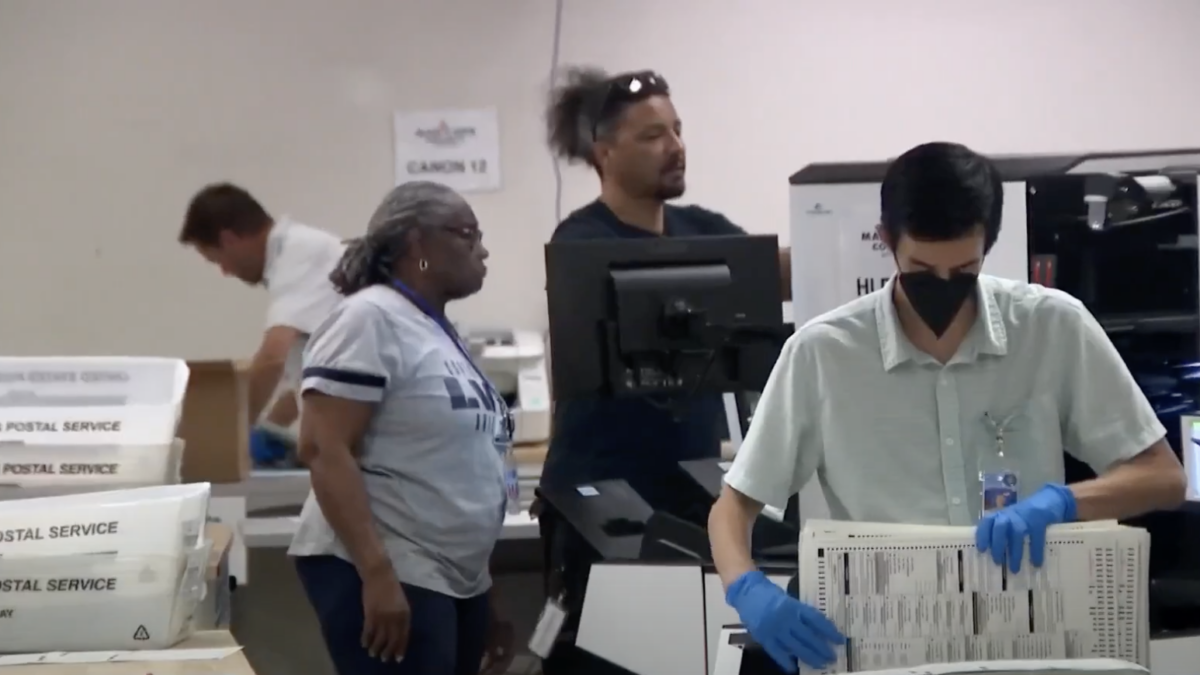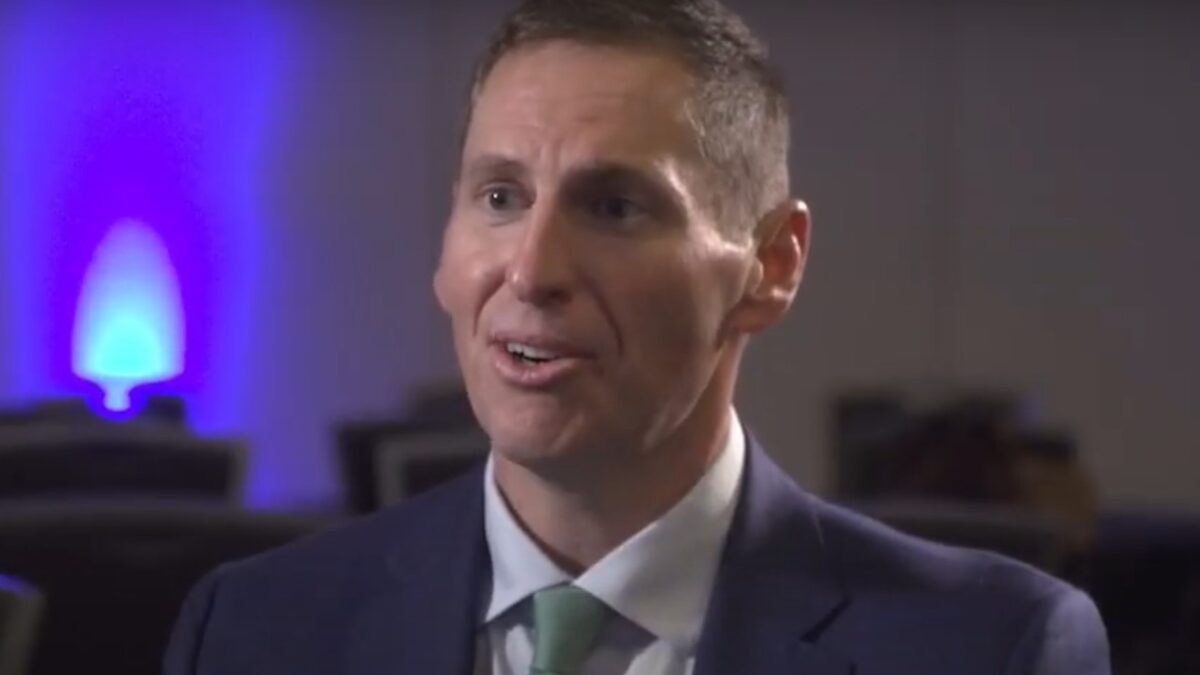Ask any service worker in America if they think their neighbors are good tippers, and nine times out of 10 the question will be met with a groan of resentment.
I worked as a waiter through high school and college at a suburban Bob Evans along the highway outside of Columbus, Ohio. And then I waited tables at a bar by the White House throughout my first year out of college until the coronavirus lockdowns shut it down. After seven years of taking orders, I feel comfortable to speak for just about anyone who’s ever been a tip-based worker when I say few things are more infuriating than putting up with demanding customers, overbearing bosses, and laborious grunt work only to wind up stiffed by a table that came up with some sorry excuse not to drop a few extra dollars for the service. Thanks for the loose change from your glove box a-hole, it might even cover part of my bus ticket.
Most Americans acknowledge that, one way or another, our culture has a tipping problem. Either too many people have their hand out, including even the machines as Federalist Editor Kylee Griswold pointed out last year, or hustling waiters not making enough in tips to justify the eight-hour workout (or sometimes 12) that is waiting tables. A majority of Americans, meanwhile, tip 15 percent or less for an average meal at a sit-down diner, according to the Pew Research Center. Perhaps people who wish to virtue signal should replace their divisive social justice yards signs with new banners that read, “In this house, we tip our waiters.”
Some restaurants that can afford the higher costs have responded to the tipping debacle by doing away with the custom altogether, replacing tips with a base compensation well above minimum wage. But some employees lose out on the potential for higher earnings while the basic income kills incentives for exemplary service. Higher labor wages are also often accompanied with price increases on the menu, leaving customers shopping around for cheaper options. Former President Donald Trump, however, recently proposed a better alternative where everybody wins: lift tipped-employee wages by eliminating taxes on their hard-earned tips.
“WITH TRUMP, NO TAXES ON TIPS!!!” Trump characteristically wrote in a weekend post on Truth Social.
In a brilliant campaign move, Trump introduced the proposal at a June 9 campaign stop in Nevada, home to the highest concentration of tipped workers in America. Trump’s proposal for tax exemptions on these hard-working Americans distinguishes the former president from the far-left incumbent, who deployed the Internal Revenue Service (IRS) to crack down on waitresses’ unreported tips.
Last week, Trump asked supporters to write “Vote for Trump” on receipts to “spread the word” that he’ll eliminate taxes on tips. Frankly, if I were a struggling waiter in Las Vegas, I’d bet with my ballot on that guy. Recall in 2020 that Trump only lost Nevada by roughly 30,000 votes.
Sen. Ted Cruz, R-Texas, responded to Trump’s latest campaign pledge with legislation to exempt tipped income from federal taxation.
“American workers in dozens of industries depend on tipped wages to support themselves,” Cruz said. His bill, called the No Tax on Tips Act, will allow those employees to “keep all of those tips.”
The legislation has already drawn support from top Republicans in the upper chamber, including Rick Scott, R-Fla., Steve Daines, R-Mont., and Kevin Cramer, R-N.D.
The Committee for a Responsible Federal Budget said such plans to terminate taxes on tips would likely cost between $150 to $250 billion in revenue. But most of that money will likely recirculate throughout the economy as low-wage workers struggle with savings and need the added income for discretionary expenses.
Of course, the tax exemption wouldn’t even be needed if more Americans were more generous to their neighbors. Trump’s tax proposal won’t lift up anyone’s income if Americans don’t tip in the first place. Unless the service was legitimately poor quality to warrant the loss of income, tip the full 20 percent, or stop going out to eat.
